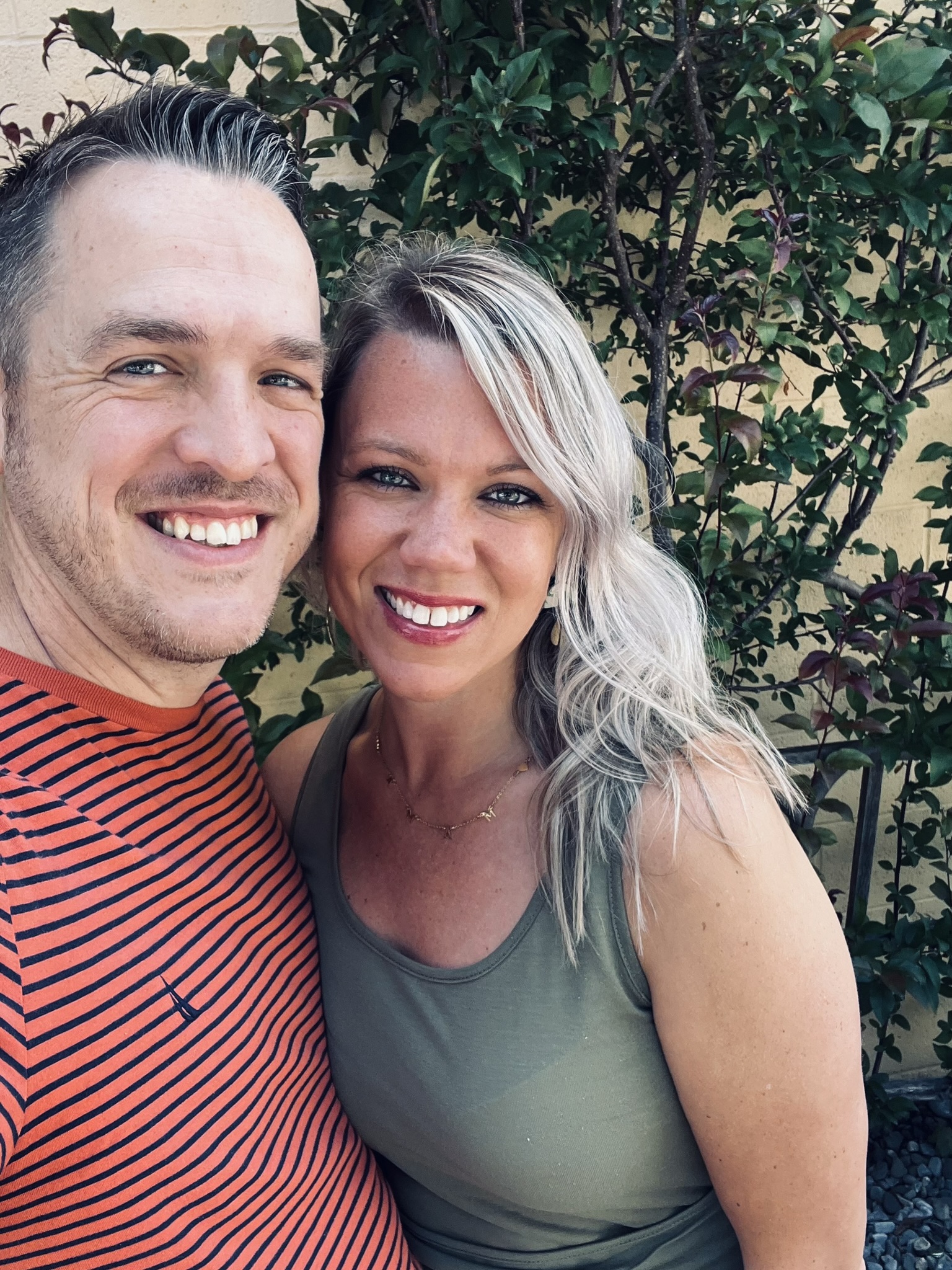‘But he answered me, “My grace is always more than enough for you, and my power finds its full expression through your weakness.” So I will celebrate my weaknesses, for when I’m weak I sense more deeply the mighty power of Christ living in me. So I’m not defeated by my weakness, but delighted! For when I feel my weakness and endure mistreatment—when I’m surrounded with troubles on every side and face persecution because of my love for Christ—I am made yet stronger. For my weakness becomes a portal to God’s power.’– 2 Corinthians 12:9-10
Recently, I took a fresh look at one of my favorite passages of Scripture where Paul, the author of almost half of the books in the entire Bible, writes about a “thorn” or some kind of weakness that he suffered to keep him humble. Historically, we don’t know what the weakness was that he spoke of, only that it tormented him. He prayed three different times for God to remove this weakness from his life. The only response he receives from the Lord: “My grace is always more than enough for you.” Or it could be said: “My grace is continuously sufficient IN you”.
What does that even mean? And what does it have to do with addiction and recovery? Actually, it has everything to do with recovery.
You and I live in a culture of independence. In large part, no one likes to be seen as having a flaw or a crack in the armor. Plainly speaking, weakness isn’t deemed a very popular character trait. We want others to perceive us as having our stuff together. And while the desire to be strong isn’t bad, our true lives rarely align with that wish. The universal factor that we all share within the human race is pain. And that pain stems from a million different sources including trauma, abuse, addiction, loss, and mental illness just to name a few.
The bottom line is this: We live in a world that refuses to be portrayed as weak. And yet, Scripture speaks the value of owning your weakness and allowing God to work through it. There’s no shame in admitting you have a weakness. That you’re flawed. That you’re broken. That you can’t live this life by yourself. Remember what Paul said:
“So I’m not defeated by my weakness, but delighted. For my weakness becomes a portal to God’s power.”
Now that we’ve explored what this verse means, how does it apply to our recovery journey?
I recently read a really great thought from a devotional, which said:
“In my weaknesses are opportunities for connection (one cannot heal alone), transformation and healing. I cannot say that I always delight in them, but I am leaning into them. Because it’s when we attend to our weaknesses (individually and communally), that we are most strong.” (DVO)
Wow! What a thought! The idea that our weaknesses, our sins, our addictions don’t have to be things that sink us. We don’t have to be defined by those things. What they do is instead point to the reality that we can’t get healthy by ourselves. We were never meant to! Which is specifically why Small Groups Online is helping thousands of men, women, pastors, & spouses every day. SGO gives you the opportunity to meet with others who are walking through the same kind of pain you’re walking through in an encouraging environment which will help you process addiction, betrayal, and recovery. Check out SGO today!
Over the last 15 years I’ve found that the men who tend to struggle the most in recovery are the ones who are the most disconnected from community — whether that be communication with their wives, relationships with other men in their church family, accountability relationships, or maybe even their SGO group.
Remember: We were never meant to heal in isolation. It just doesn’t happen
Paul knew exactly where he stood. He was a deeply flawed man (just like you and I). And he owned the fact that his weakness was exactly the place where God could work inside him. It was the breeding ground for transformation. For healing. And for experiencing God in a way he never had before. And so Paul experienced the power of God’s grace which strengthened him in his weakest moments.
You and I can experience that same kind of power as well. First, we have to acknowledge where we are weak. Second, we have to use those moments as opportunities to allow God to minister to our weakness. One of the specific ways God ministers to our weakness is through community. He sends people our way who care enough about our heart to ask how we’re really doing. Somehow, they’re able to cut through the BS and continue to love us. But WE are the ones who have to make the choice to allow those people in.
Let God have all access to your weakness and you will surely discover a strength that you never knew existed.

Frank is passionate about helping individuals live with sexual integrity. He also works alongside his wife Tracey in helping spouses who have been devastated by their partner’s addiction. Frank & Tracey live in beautiful southern Delaware with their two children: Nathan and Addison.
